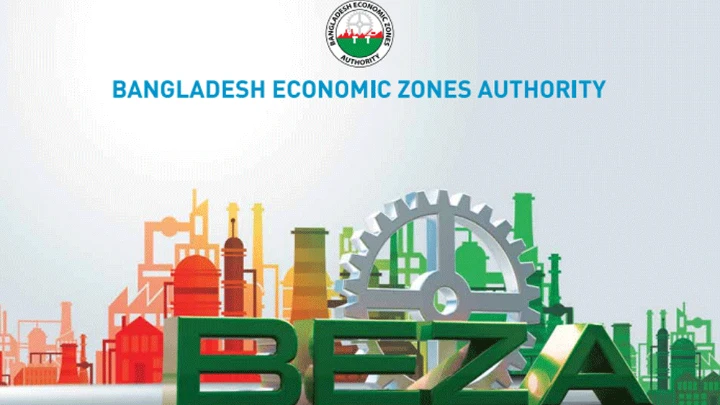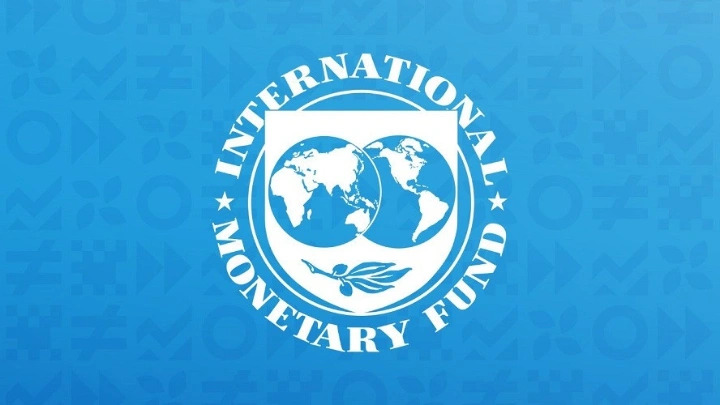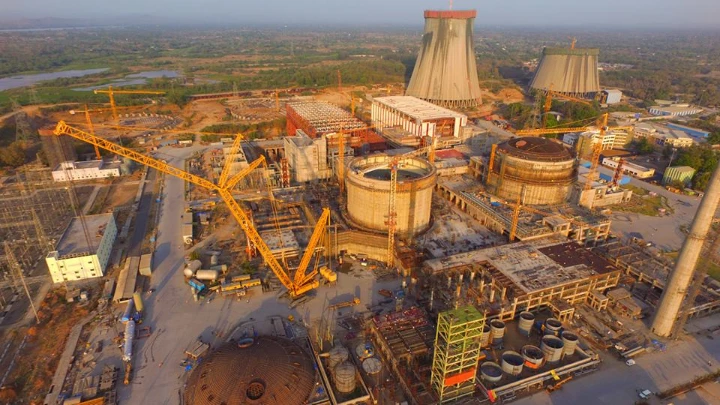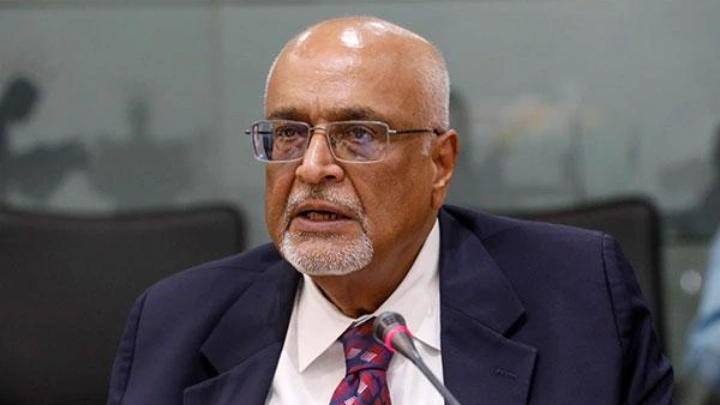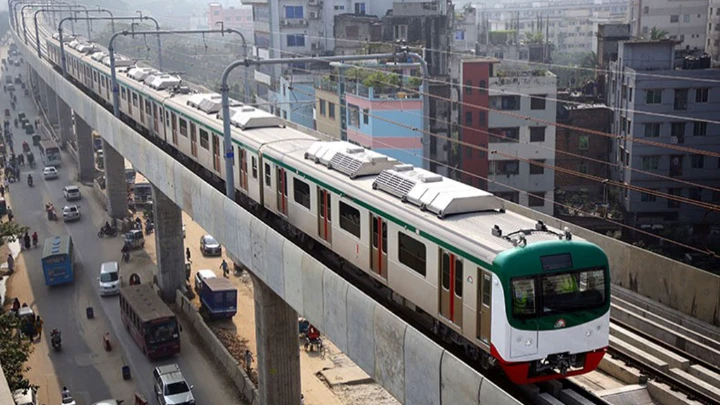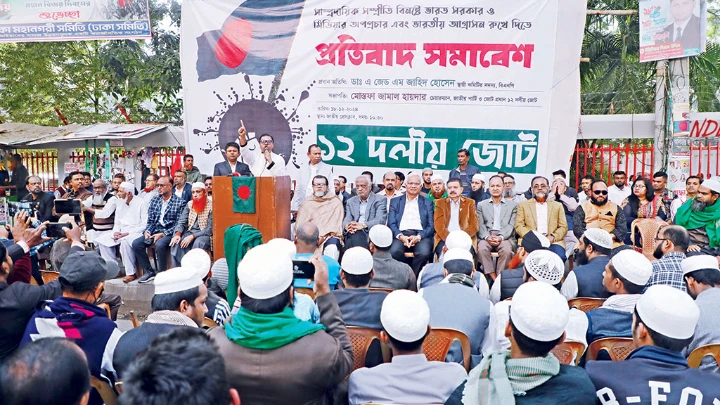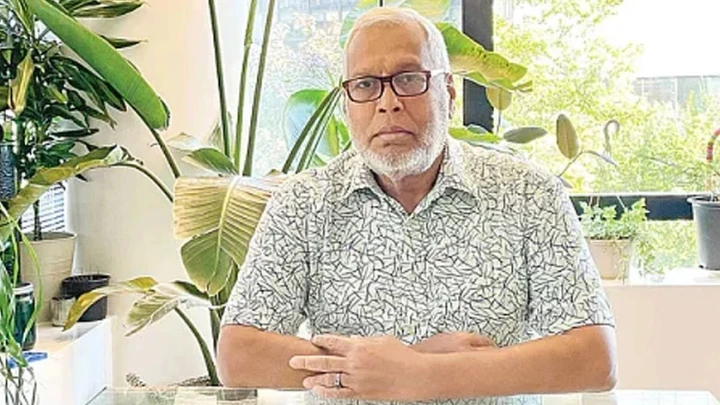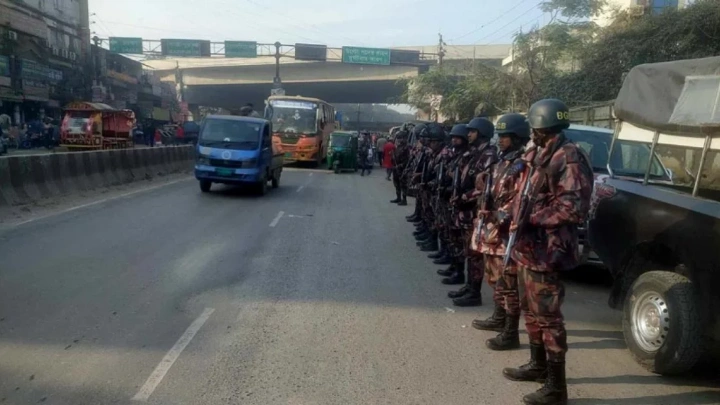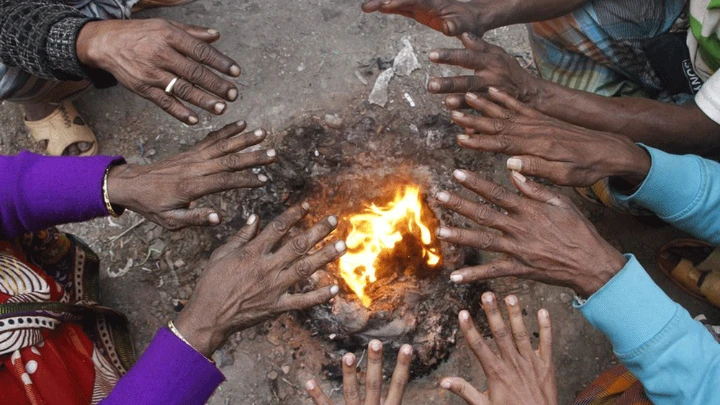Skill of Workers Matters the Most for Remittance Increase
AKM Atiqur Rahman, former Ambassador and Secretary || Shining BD
Some local dailies have published reports on the country's remittance situation for 2023. Some have expressed doubts whether remittance would increase compared to the previous year despite taking various initiatives including providing additional incentives to increase the flow of remittance, while some have mentioned that remittance has increased slightly.
According to Bangladesh Bank, Bangladesh received an amount of US$21.82 billion in 2023 as remittance, which is 2.54% more than the previous year.
If we analyse the remittances and the numbers of migrant workers of the last few years, we would get a clear picture that can help us understand the overall situation. In 2019, Bangladesh sent 7 lakh workers and received remittance of US$18.33 billion, more than 2 lakh workers were sent abroad in 2020 and received US$21.75 billion as remittance, US$22.07 billion as remittance was received sending more than 6 lakh workers abroad in 2021, the amount of remittances received in 2022 was US$21.29 billion and the number of workers was more than 11 lakh, an amount of US$21.82 billion was received as remittances in 2023 when a record number of 12 lakh workers were sent abroad.
If we take a closer look, we can see that the country received higher amount of remittance in 2020 despite sending fewer number of workers than in 2019 and 2022. Again, the country received less remittance in 2023 than 2021, though the number of workers went abroad in 2023 was double the workers sent in 2021. In this context, we can cite the example of neighbouring India.
In 2022, Bangladesh was the seventh remittance recipient country in the world and India was on the top. India received remittances of US$86 billion and US$111 billion in 2021 and 2022 by sending 8 lakh and 13 lakh workers abroad respectively. Needless to say, although there was not much difference in the number of workers sent annually from the two countries, Bangladesh's annual remittances were one-fifth of India's.
In fact, remittance does not increase proportionately with the increase of the number of migrant workers. Basically, remittances come from all expatriate nationals working abroad that include both permanent and temporary expatriates. Therefore, the increase in remittance for a particular year does not depend on the number of workers in that year.
In this case, the amount of remittance depends on the total number of Bangladeshis working abroad in a year. There is no way to deny that sending skilled workers is very important. That is, the higher the number of skilled workers we can send, the higher remittance we will get.
In addition, strict measures should be taken to prevent money laundering, stop sending remittances through illegal channels like hundi and at the same time, the system of sending remittances through legal channels should be made easier, attracting and encouraging.
An analysis of the skilled category of our workers sent abroad in the last 14 years shows that the number of unskilled or low-skilled workers is more than 70% of the total, the skilled class between 22-25%, the semi-skilled below 5% and the professional class much less than a percentage. If the number of skilled workers can be brought close to 70%, then the annual remittance of Bangladesh will increase manifold.
Considering the existing infrastructure and administrative procedures of the country, this target could not be attained overnight. A 5 to 10-year plan should be taken on this issue, if we are really serious to have that. Private establishments (agents) engaged in sending workers abroad should also be brought under this management.
The Bangladesh Awami League, having the majority seats in the national elections held on 7 January 2024, is supposed to form the government this evening.
On the issue of ‘foreign employment’, its election manifesto says, "We will expand the trade-based training system, considering international needs to increase the export of skilled manpower. We will continue to take effective measures to provide legal assistance to workers abroad. Legal measures will be taken to safeguard fair treatment of women workers abroad.”
Undoubtedly, sending skilled workers is most important for us to increase remittances. As the existing system of sending workers does not guarantee proper protection of workers and minimum migration-cost, so it could be more pro-people if the party's position and future plans on this issue are reflected in its manifesto.
And in this case, a 'migrant worker-friendly' recruitment system can be useful to improve those aspects. We should give importance to numbers in sending workers abroad, but the priority must be on sending skilled workers. Bangladesh missions abroad should be instructed to find suitable employment opportunities for our skilled workers. Moreover, effective measures and arrangements should be organised with those countries having demands for foreign skilled workers. Above all, the new government must develop a well-planned 'smart migration' system to increase country’s remittance.
Shining BD



